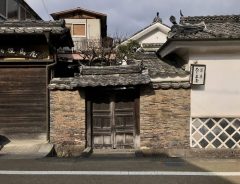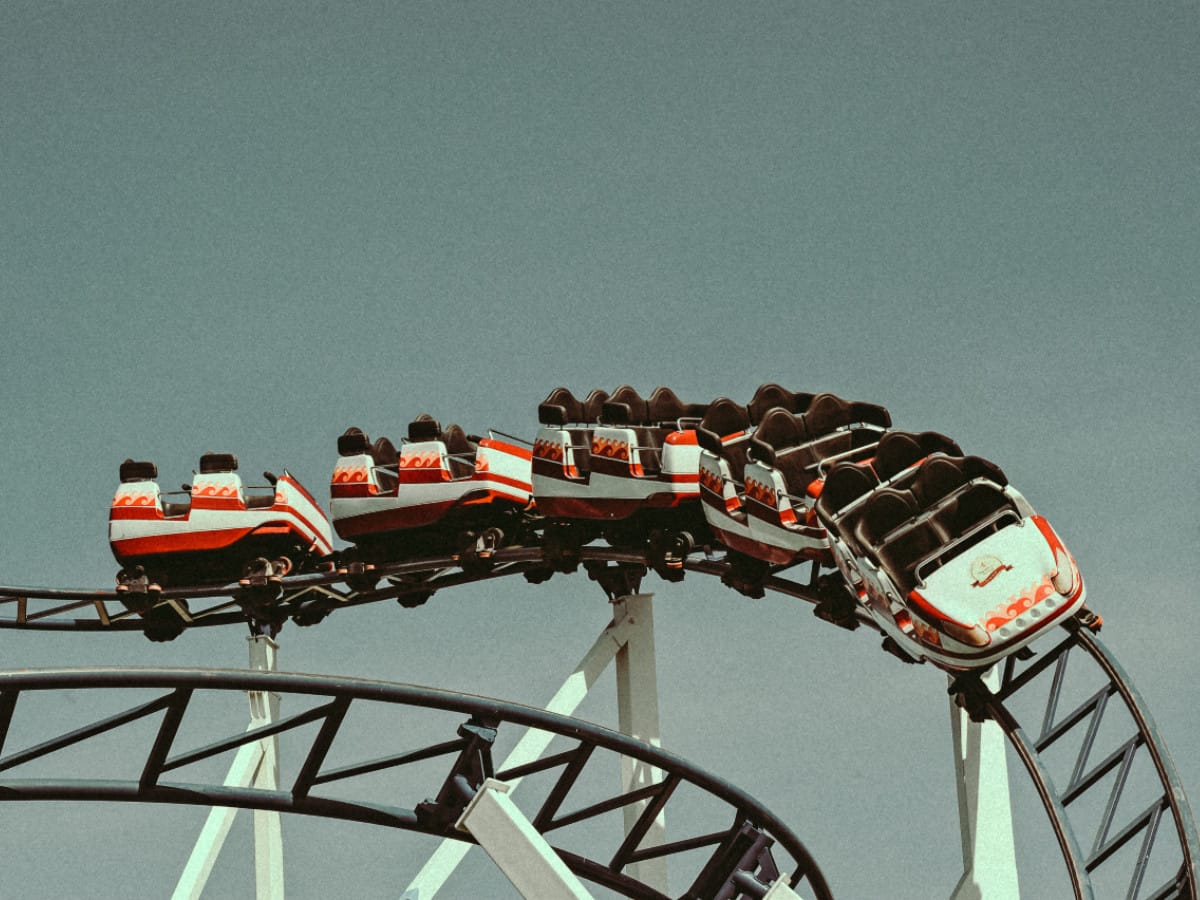- Tags:
- coronavirus / COVID-19 / rules
Related Article
-

10 Health Tips from Japan during COVID-19 and Lockdown
-

Japanese anti-plague demon Amabie now has its own pudding
-

“Kusunohana Flavored Spirits 75” made with rice and lemons can also be used as a sanitizer
-

Going Home For Obon: How COVID-19 Has Changed Everyone’s Plans
-

Humorous COVID-19 road signs trend on Twitter as others turn to humor to beat the pandemic
-

Man who threatened to spread coronavirus in Japan dies in hospital



In late May, Prime Minister Shinzo Abe declared an end to the state of emergency enacted in response to the coronavirus pandemic. The lockdown, considered lenient by many, had enacted curbs on economic activities while sending employees and students home. The order had been in effect since April.
Kyodo News reported on the Prime Ministers's decision: “ I have decided to end the state of emergency across the nation. In just over a month and a half, we almost brought (the infection) situation under control." Abe continued, "The lifting of the emergency does not mean the virus is gone or infections are down to zero. Our battle against the virus will continue."
While metropolitan centers still seem to operate with an air of caution, residents continue to wear masks and practice basic social distancing. Nevertheless, many are likely happy to regain their freedom, if only partially. Customers are flocking to bathhouses and heading back to shopping districts. Yet, there a few changes that residents can't help but be surprised by.
Silent Rollercoasters: No Screaming
With the loosening restrictions, some theme parks in Japan like Fuji-Q Highland are reopening their doors. Yet, as places where people gather in potentially tight quarters, several new protocols have been put in place to guide the parks. The most striking of which are rules that ban screaming on roller coasters. Indeed, thrill-seekers are being asked to remain silent after strapping in.
According to CNN, major theme park operators have introduced COVID-19 guidelines in order to ensure safe operations during unusual business conditions. The conditions outline enhanced sanitary guidelines, including limiting screaming and cheering on outdoor attractions.
Other guidelines are more to be expected. They included increased sanitization, protective gear such as face masks, body temperature checks, and, of course, social distancing—think empty roller coaster seats. These rules apply to staff, such as haunted house actors, who are required to remain at least one meter away. Customer service representatives, on the other hand, are keeping conversations short while relying more on gestures and non-verbal communication to assist guests.
Fuji-Q Highland has taken limitations a step further. The Yamanashi park is only opening its outdoor attractions and limiting entrance to visitors from surrounding prefectures while following basic enhanced guidelines.
Masks for Karaoke
Amusement parks are not alone in reopening under altered circumstances. Karaoke parlors have introduced their own set of guidelines for operating in the post-lockdown world. While off-tone singing can hardly be stopped, karaoke goers can expect to follow several new rules for the meantime.
The Japan Times reported that the Japan Karaoke Box Association has issued guidelines on how the industry can operate safely. The guidelines limit the number of participants allowed in a box while requiring guests to wear masks and possible other protective gear.
While the guidelines provide useful instructions, they don't change the fact that cramped, poorly-ventilated karaoke boxes are a less than ideal setting during a pandemic. Hitomi Baba, a spokeswoman for a popular karaoke chain, told the Japan Times, "We're also giving out a mask to each customer where possible, and where we can't, giving disinfectant sheets instead." Hopefully, the measures are enough to counter conditions that are less sanitary than recommended.
Hostesses Offer Snacks Online
The idea of hosting online is nothing new. Several have tested the business model before and experienced differing degrees of success. Yet, during the pandemic, sitting closely to customers while serving snacks and pouring drinks is more ominous than previously considered.
Indeed, the government is urging hostesses and customers alike to avoid hitting clubs. Ambitious hostesses have responded by offering services online, opening online bars. As such, hostesses can use a webcam to interface with customers and provide engaging conversation while having a drink at a distance.
Nevertheless, it seems uncertain how long staff and customers will have to endure this type of remote accommodation. However, as everyone needs a paycheck, online bars are likely helping keep many young people financially afloat during difficult times.